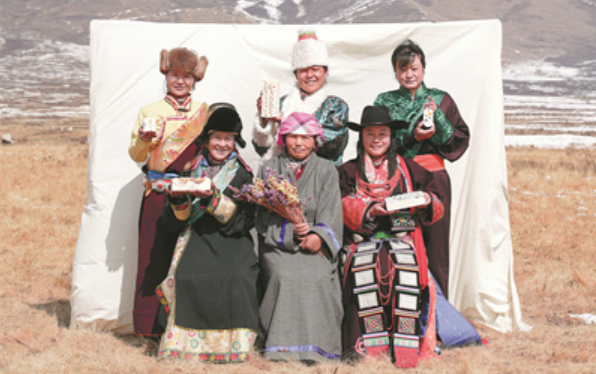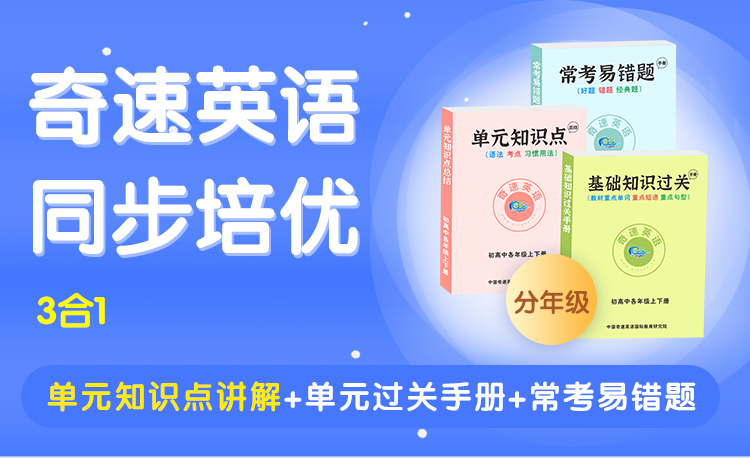
In the sweeping grasslands of Tianzhu Tibetan Autonomous County, Gansu province, white yaks (牦牛) graze like drifting clouds across the plateau. For Danmaji Niu, these animals are more than a symbol of her homeland — they are the heart of her natural soap business, Yakma Body Care.
Born into a pastoral (牧民的) community in 1989, Danmaji grew up herding yaks and drinking yak milk tea. Her grandmother encouraged her to “study hard and see the world.” That advice shaped her academic path — she worked harder than her peers and stood out in class. In 2008, Danmaji launched a water supply project to help her freezing village access clean water — a feat many doubted she could achieve. With determination and university support, she succeeded, sparking her passion for community development.
In 2016, inspired by Australia’s appreciation for organic products, Danmaji returned home to co-found Yakma. Using fatty yak milk, Himalayan pink salt, and local herbs, she and a team of Tibetan women craft moisturizing (使皮肤滋润) soaps shaped like mountain peaks and flowers. The process begins with careful measurements of natural ingredients, followed by a chemical reaction that transforms oils into soap. Each bar reflects the craftspeople’s connection to their environment.
Yakma now employs over a dozen local women, many over 40, offering flexible working hours and stable incomes. “These women have found confidence and creativity through their work,” Danmaji explains. Duoyang, a team member, shares, “I never had a chance to share ideas before, but here I have been able to show my ideas and creativity.” The brand’s sales have significantly increased by 40% in the past year, driven by growing demand for eco-friendly products. “Consumers today are concerned about quality, health, and the environment. They want to know the ingredients and how they benefit their skin. This closely corresponds with our mission.” Danmaji says.
Looking ahead, Danmaji aims to weave more Tibetan cultural elements into Yakma’s products, bridging rural traditions with urban markets. “Our hometowns hold unexploited potential,” she insists. “By valuing our roots, we can share their treasures with the world.” For Danmaji, Yakma is more than a business — it’s a movement proving that rural communities, when empowered, can thrive sustainably while preserving their heritage.
奇速英语 原创编写 版权所有 侵权必究! 每日更新 个性化阅读 英语飙升!





 更多优质学习内容
更多优质学习内容



